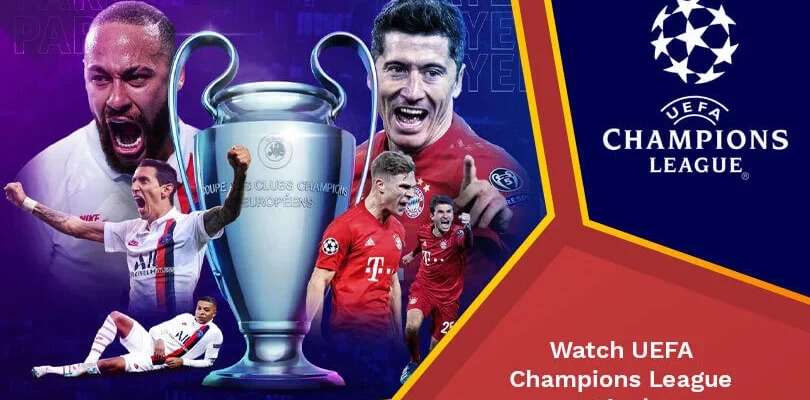In the intricate world of European club football, where tradition often collides with the relentless pursuit of progress and profit, the recent changes to the UEFA Champions League format have sparked considerable discussion. At the heart of this discourse is UEFA President Aleksandr Ceferin, who recently championed the revamped structure, asserting its success in restoring a crucial element to the beautiful game: unpredictability.
The Quest for the Unknown: Rekindling Football`s Core Appeal
For many years, a recurring critique of the Champions League group stages was their perceived monotony. By December, the identities of many qualifying teams often seemed pre-ordained, turning the latter half of the initial phase into a series of formalities rather than nail-biting encounters. This trend, Ceferin contends, has been decisively reversed by the new format.
“Everyone wants change, but no one wants to implement it,” Ceferin observed, highlighting the inherent resistance to altering established structures. Yet, he insists, the courage to engage with all stakeholders and push through the reforms has paid dividends. The result, he proudly states, is a competition of “great success.”
The essence of sport lies in its inherent uncertainty. The thrill of an underdog victory, the last-minute turnaround, or the prolonged suspense over qualification are what captivate audiences. When major fixtures become predictable, a piece of that magic dissipates. Ceferin`s remarks underscore a strategic move to re-inject this critical element, citing examples where even perennial powerhouses like Paris Saint-Germain and Manchester City faced uncertainty deep into the competition, a scenario that was once rare.
Beyond the Status Quo: Why Formats Must Evolve
The decision to modify a competition as iconic as the Champions League is never taken lightly. It involves a complex balancing act between commercial interests, fan experience, and the integrity of the sport. While critics often perceive format changes as solely driven by the desire for more matches and thus, more revenue, Ceferin`s argument pivots on the qualitative improvement of the sporting spectacle itself.
The “Swiss model” adopted by the Champions League, which replaces traditional group stages with a single league table and more varied opponents, aims to ensure that more meaningful matches are played throughout the initial phase. This design inherently prolongs the period of uncertainty, making each result potentially more impactful and keeping a wider array of teams in contention for longer. This approach is a technical solution to a fundamental problem: maintaining high-stakes engagement from the first whistle to the last.
The Horizon: European Championships and the Pursuit of `More Interesting`
The spirit of innovation doesn`t stop at club football. Ceferin also briefly touched upon the future of the European Championship, suggesting potential adjustments to its qualification rounds. The goal, he clarified, isn`t necessarily to add more matches, but to “make it more interesting.”
This subtle distinction is key. It implies a recognition that simply increasing quantity does not equate to improved quality or enhanced engagement. Instead, the focus is on structural tweaks that could inject renewed vigor into what might otherwise become routine fixtures. How exactly this “more interesting” qualification will manifest remains to be seen, but it signals a continuous organizational effort to refine and optimize every facet of European football.
The Delicate Balance: Innovation Versus Tradition
Ultimately, UEFA`s ongoing strategy reflects a pragmatic understanding of modern sports consumption. In an era of abundant entertainment options, football competitions must continually justify their prominent position. By prioritizing unpredictability and genuine suspense, UEFA aims to ensure that its flagship tournaments remain compelling, not just for the traditionalist, but for a global audience accustomed to dynamic and engaging content. The challenge, as always, is to evolve without alienating the core fanbase, a tightrope walk that sports administrators have perfected into an art form.









